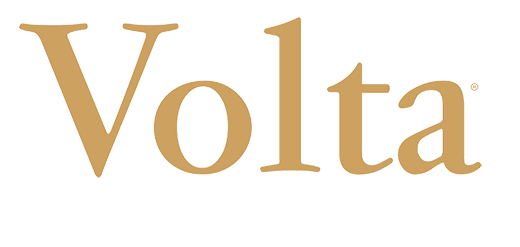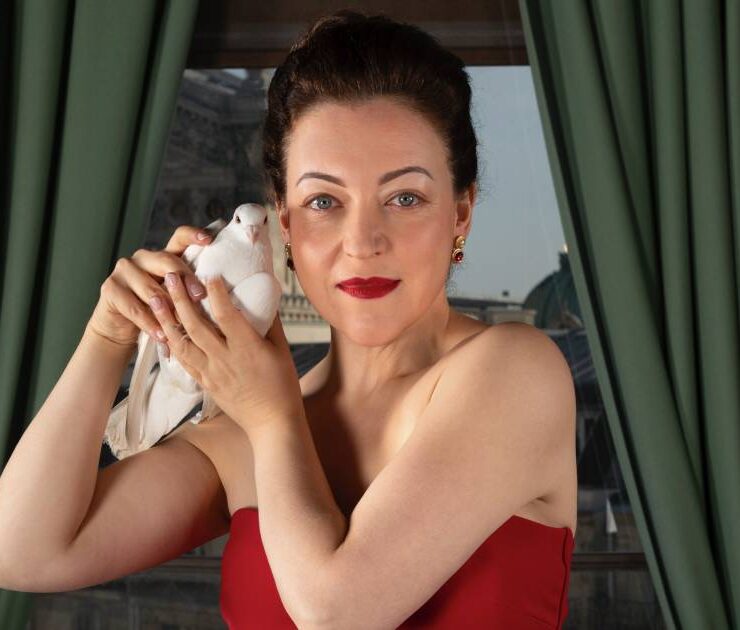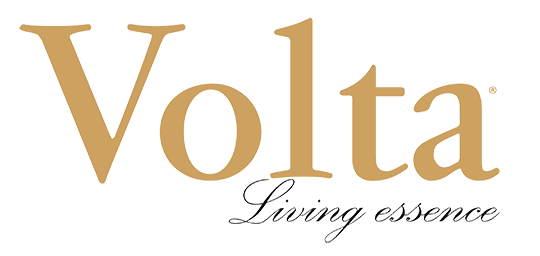King Charles ΙΙΙ of the United Kingdom
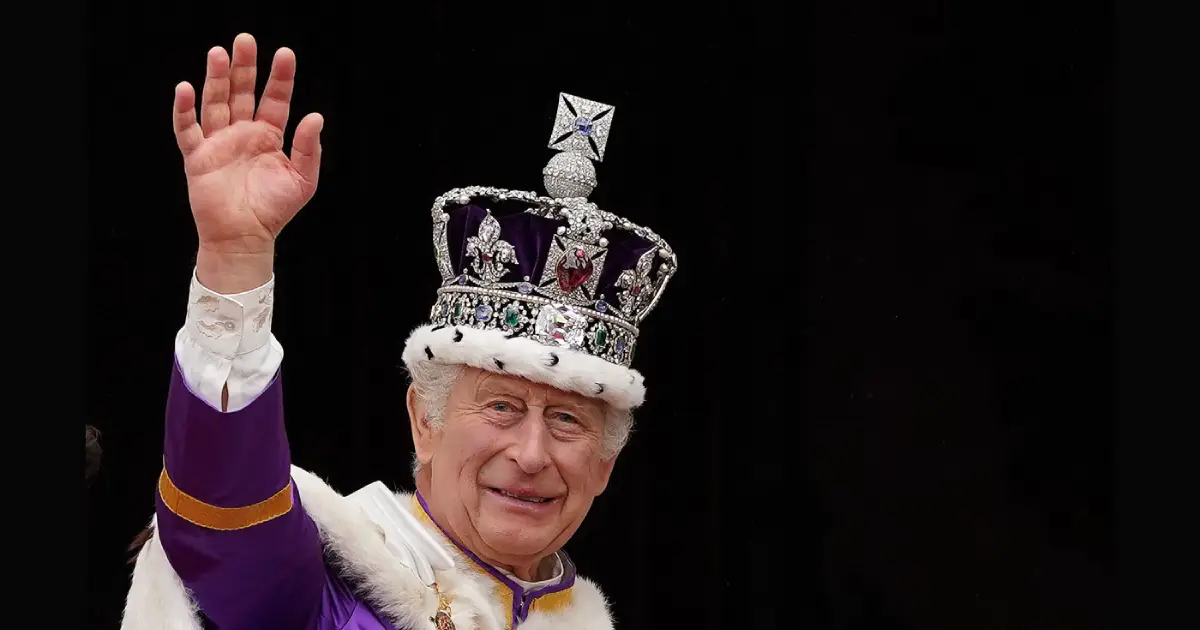
The story of King Charles from birth to reign
From his earliest days as a prince to his momentous ascension to the throne, King Charles’ life has been a tapestry of remarkable events and challenges. Born into a world of royal expectations and public scrutiny, Charles navigated the complexities of his position with grace and determination.
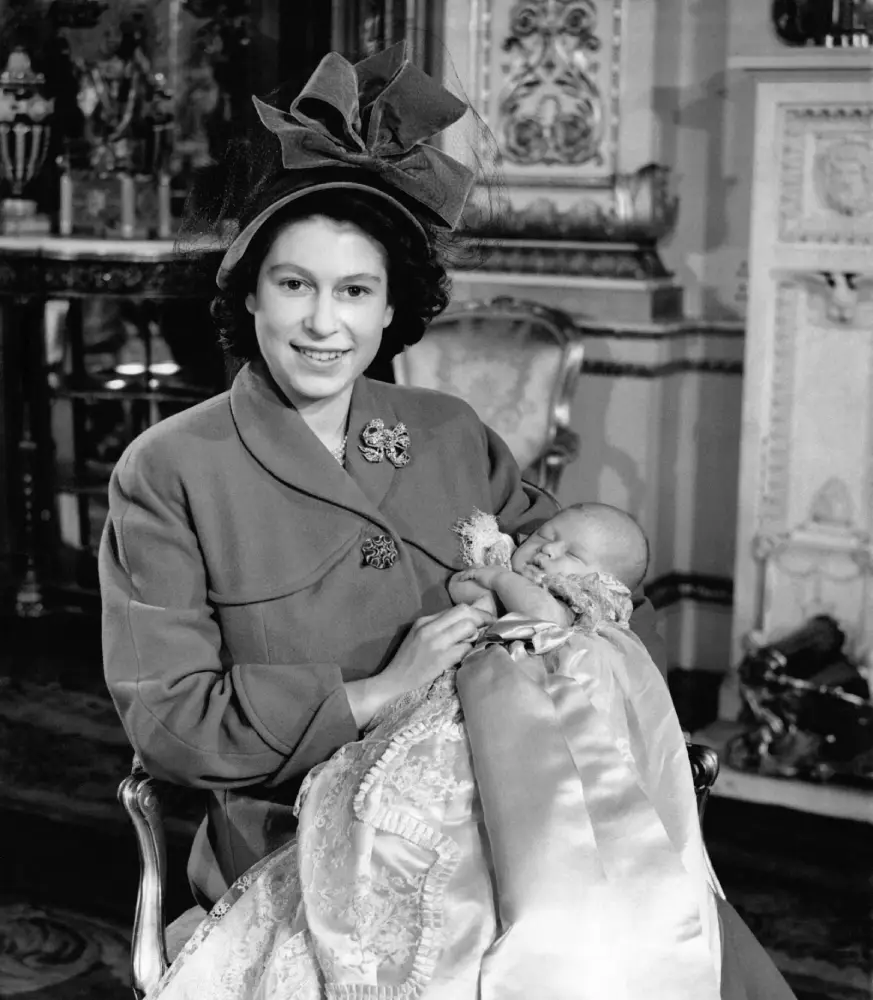
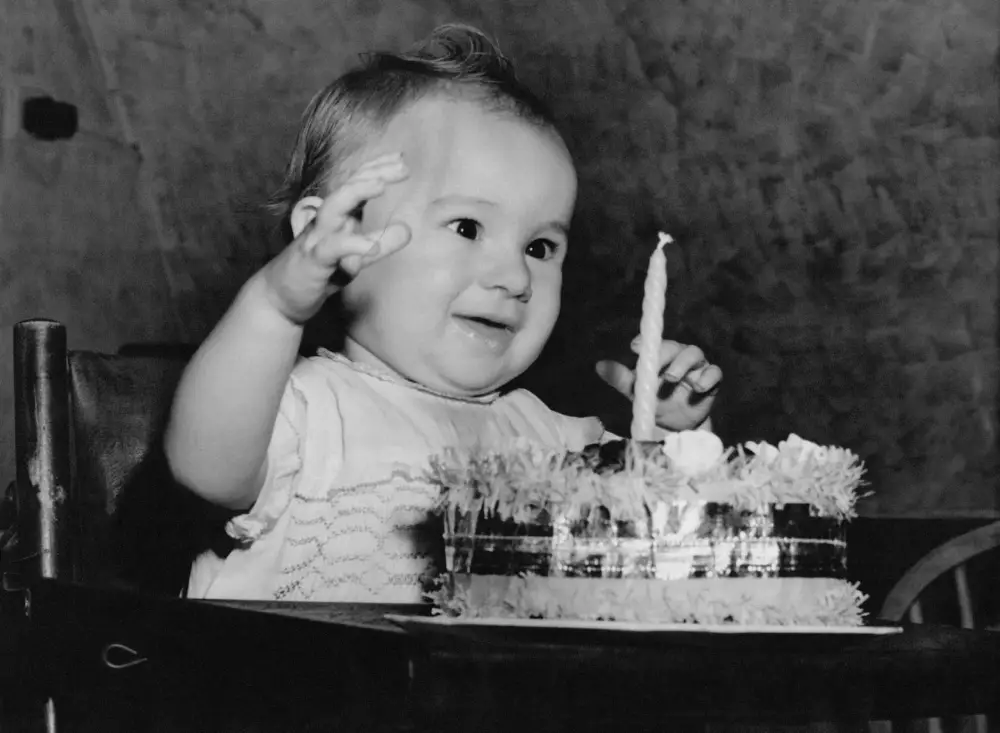
It was November 14, 1948, when the clock at Buckingham Palace showed a quarter past nine. Queen Elizabeth gave birth to her firstborn son, Charles Philip Arthur George. The joyous event was accompanied by 41-gun salutes, while the two fountains in Trafalgar Square were lit blue. With the death of his grandfather, George VI, on February 6, 1952, Charles, at just three years old, became the heir to the British throne.

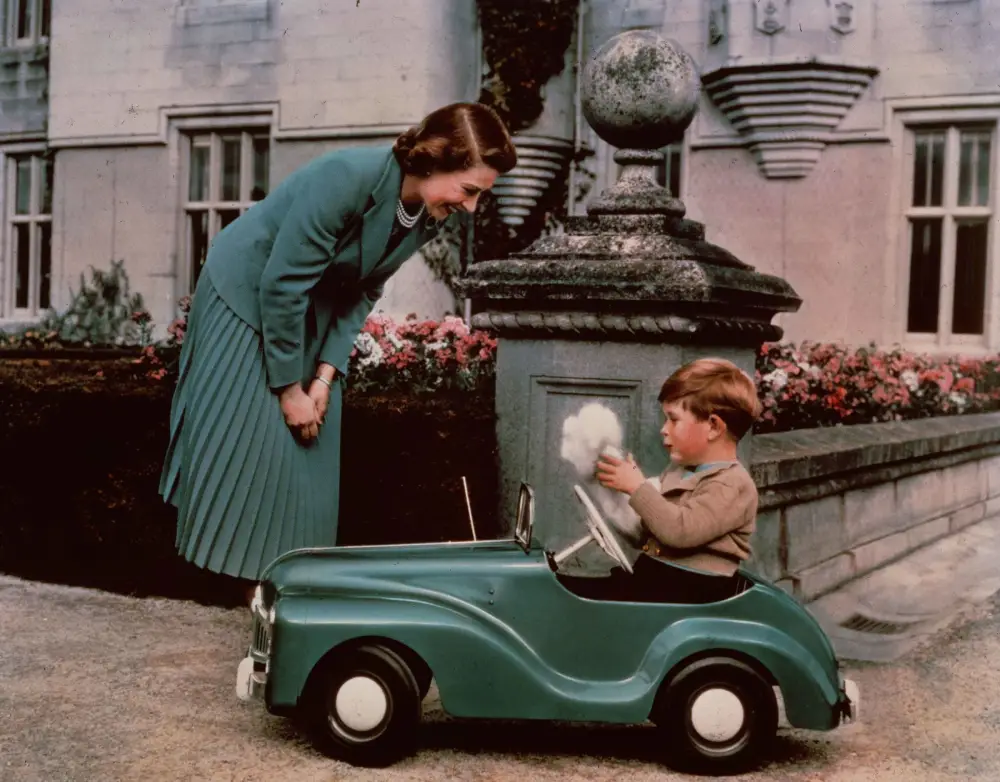
His first public appearance was at his mother’s coronation at Westminster Abbey, and at the age of just nine, he was made Earl of Chester and Prince of Wales, becoming the longest-serving heir apparent with this title, even surpassing his great-great-great-grandfather Edward VII. At the age of twenty, the investiture was formally held in Wales, at Caernarvon Castle.
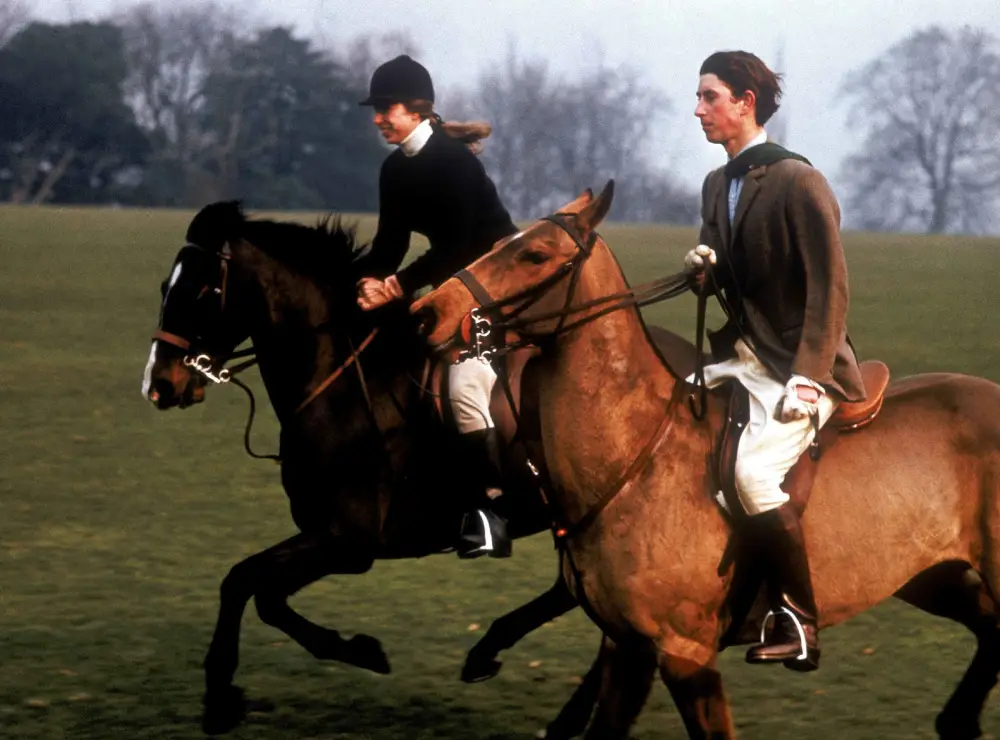
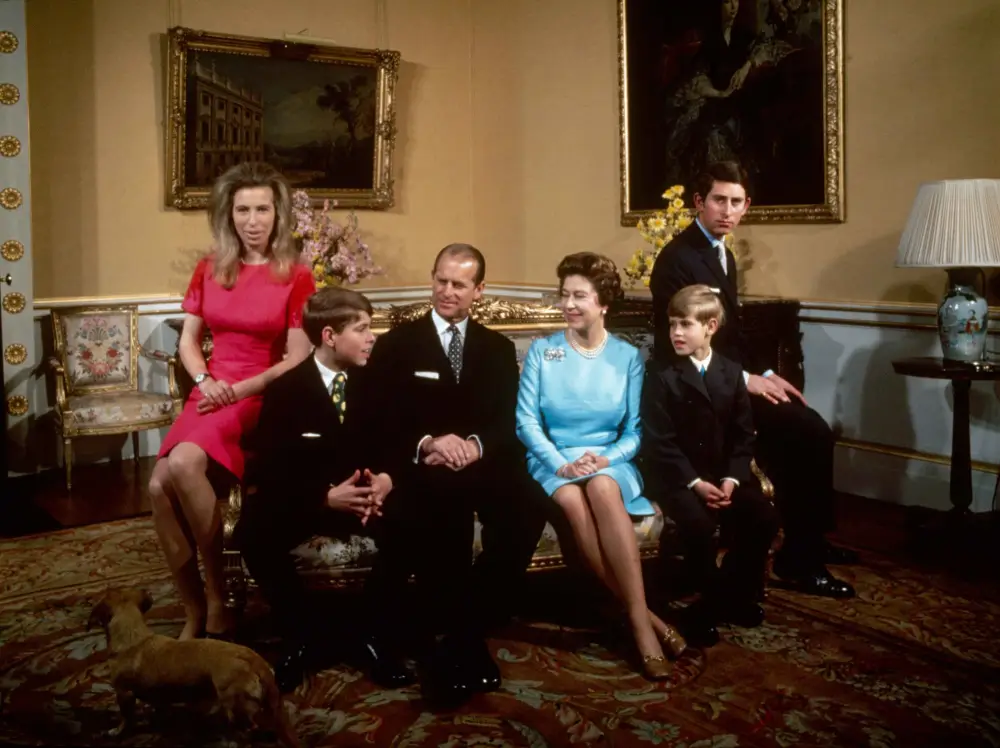
He was the first member of the royal family to study History, Anthropology, and Archaeology at Cambridge, and he also attended a semester at the University of Wales, studying the history and language of the region whose title he held.

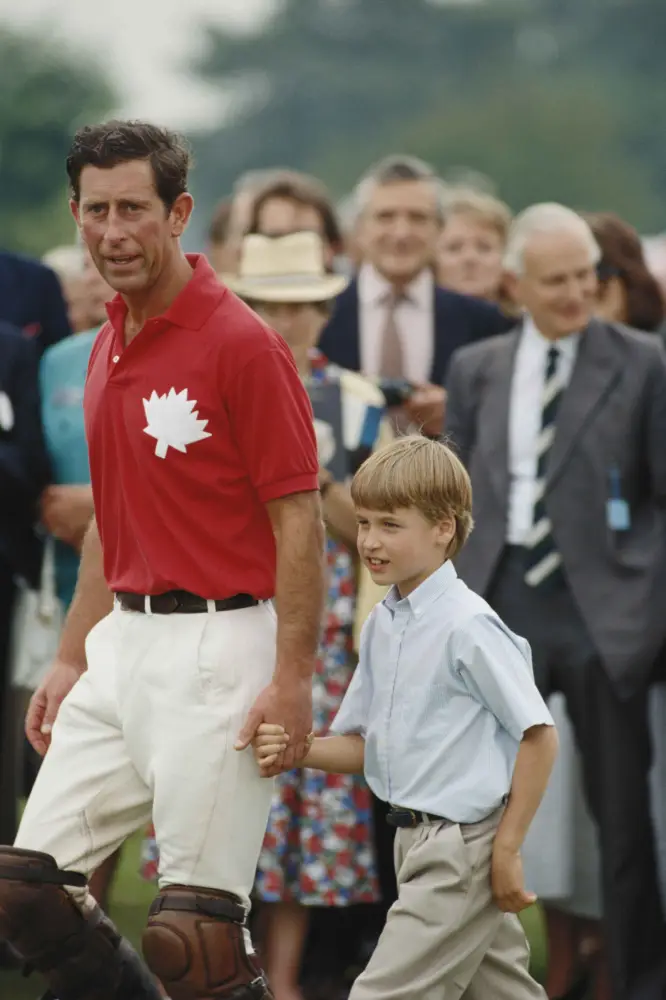
He was trained in the Royal Air Force and at the Royal Naval College. From the age of 22, in 1970, he participated in the House of Lords, where he remained an active member until 1999, when the law changed. Knight of the Garter since 1969, Knight of the Bath since 1975, Charles acquired more and more titles.
The Prince’s Trust
A landmark year, however, was 1976 when he founded his organisation, The Prince’s Trust. The foundation was created to aid young people who are in financial need, to individuals who need help, such as ex-prisoners reintegrating into society, or young people who have a business plan but cannot invest on their own.

The success of the Foundation is so great that since 2015, through the creation of The Prince’s Trust International, it operates internationally, expanding its aid.
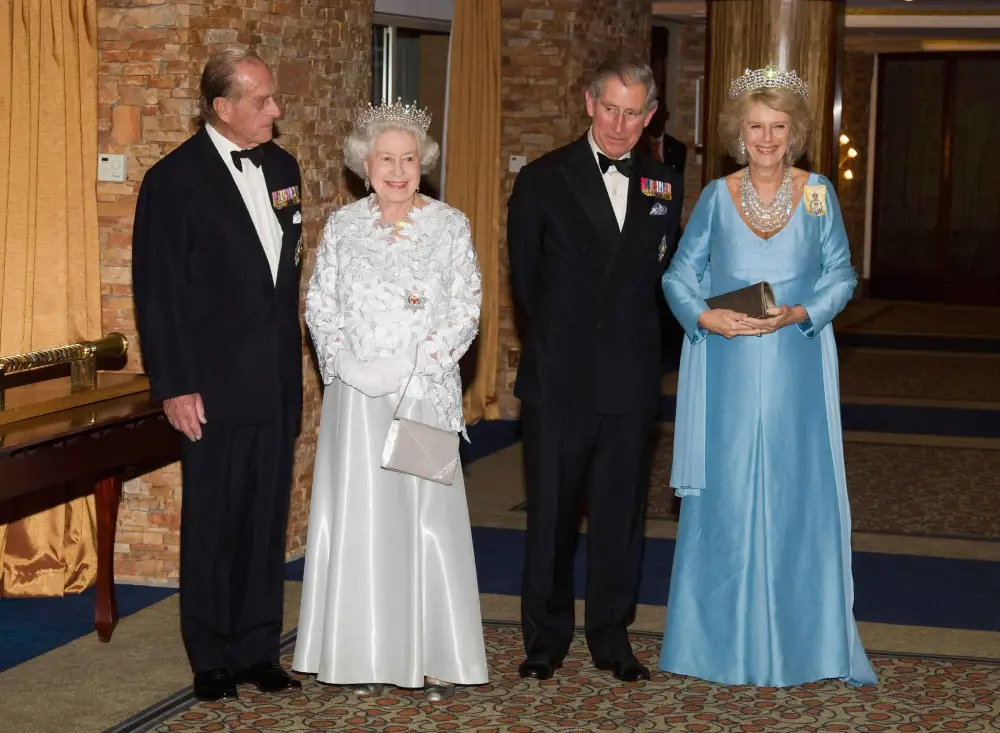
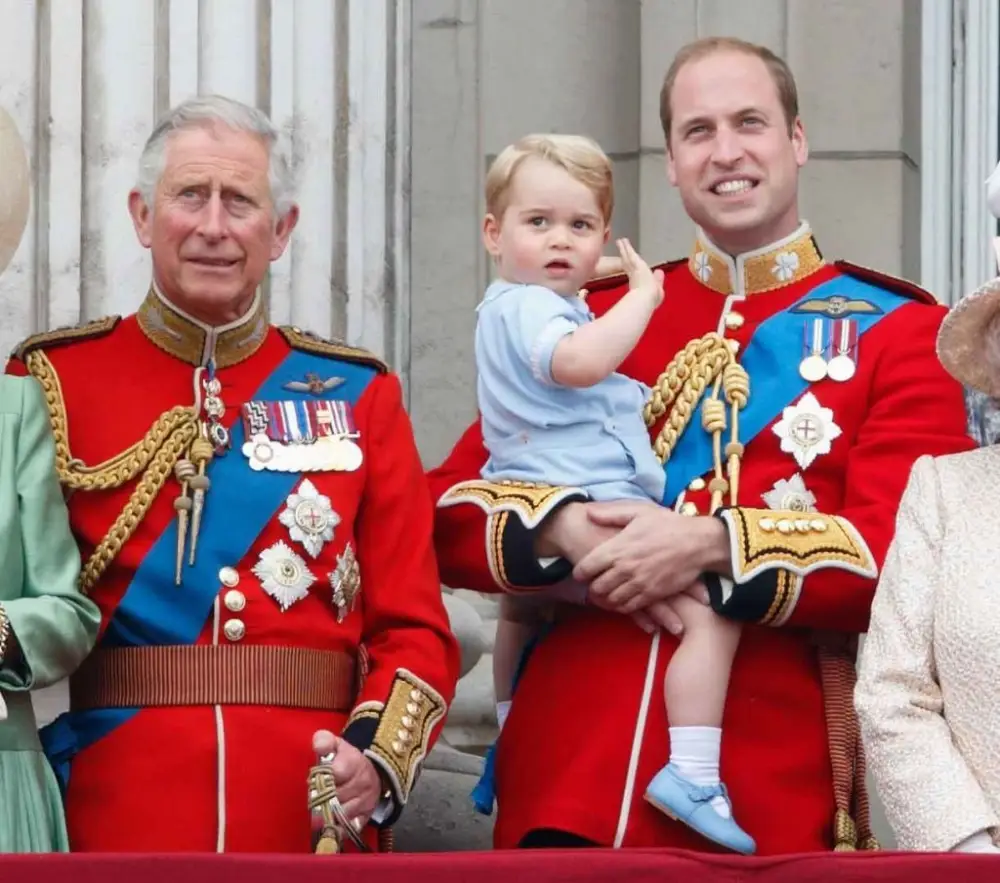
Two Marriages
The most sought-after and elegant groom in the United Kingdom married Lady Diana Spencer at St. Paul’s Cathedral on July 29, 1981, after a five-month engagement and a total of 13 meetings between the couple. The following year, William was born, and two years later, Harry.
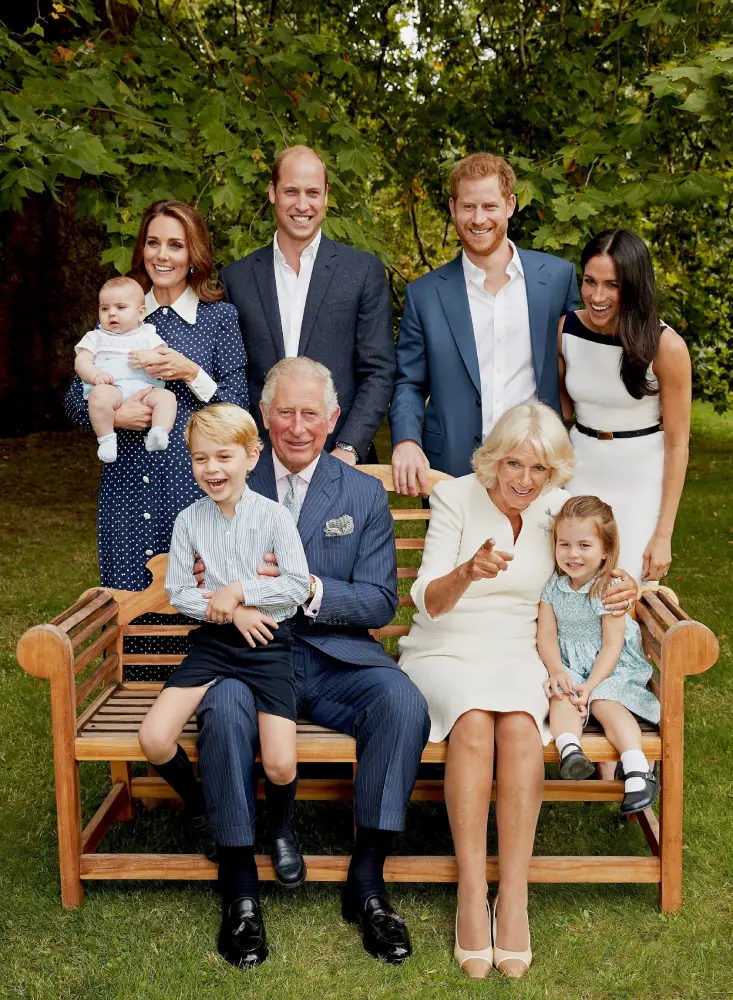
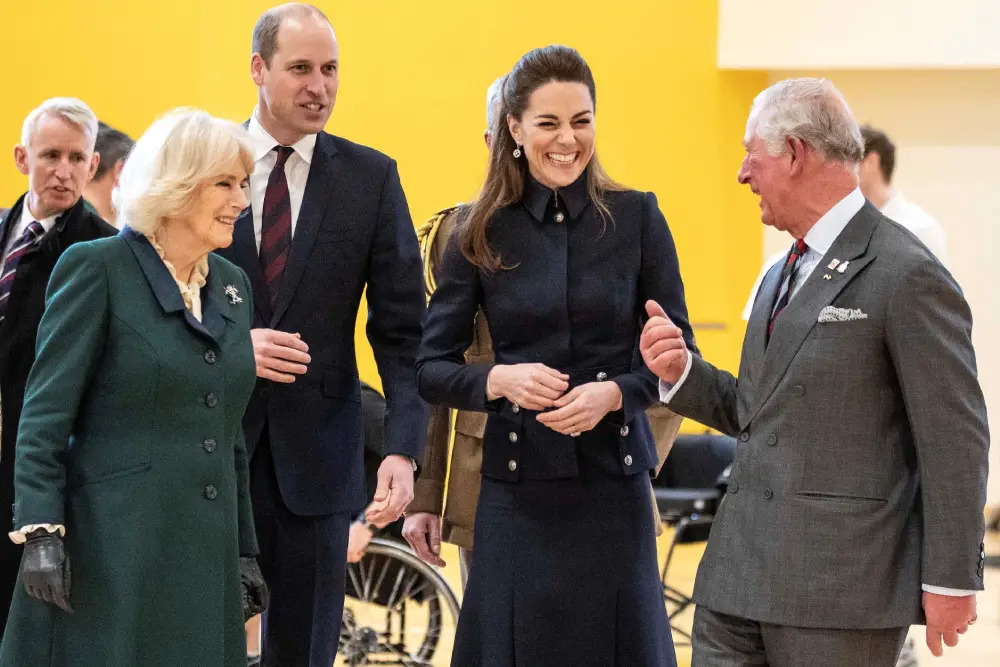
The clouds over the marriage appeared early and stayed, with obstacles resulting in its dissolution in 1996 due to both parties’ lack of synchronization. Nine years later, his engagement to Camilla, a key figure in his life since 1970, was announced.
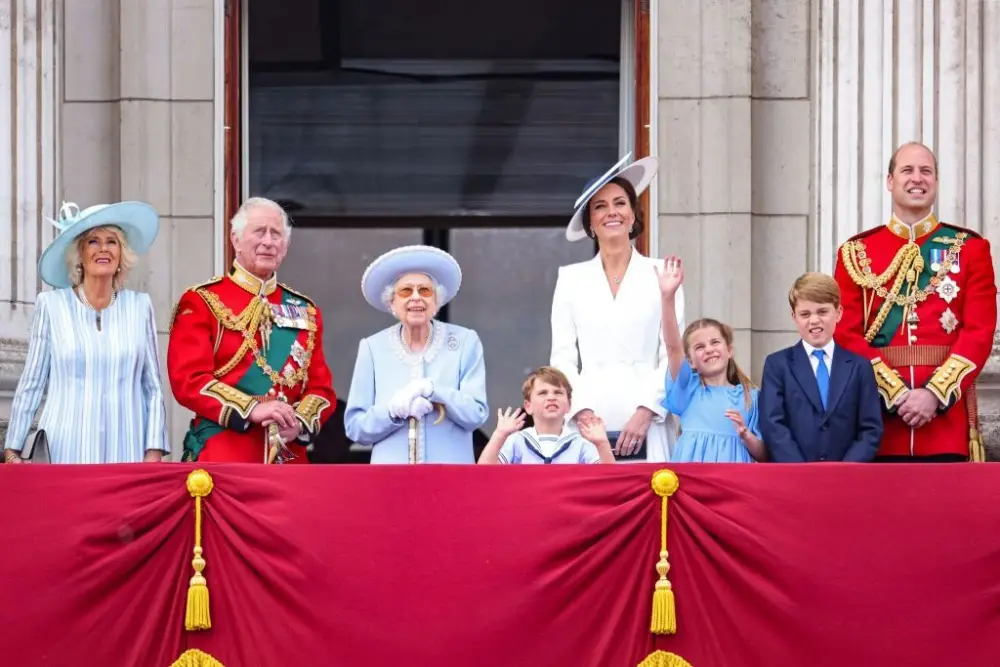
They married on April 9, 2005. The Queen did not attend the wedding ceremony but participated in the blessing given at St. George’s Chapel, Windsor. Charles continued his duties as Prince of Wales, increasingly substituting for his mother as she aged.
His relationship with Greece
Within his existential quests, his grandmother, Princess Alice, the mother of Philip, played a significant role by talking to him about Greece and introducing him to Orthodoxy. Through his travels to Patmos and especially to Mount Athos, and his interactions with the monks, he developed strong bonds. King Charles’ relationship with Greece is deeply rooted in history and personal connections.
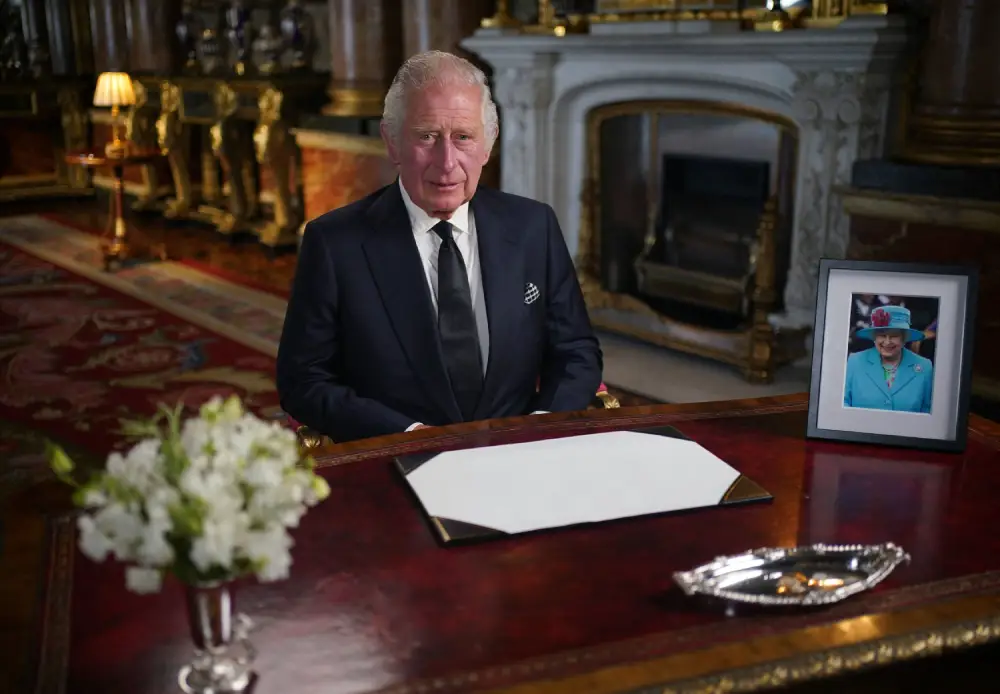
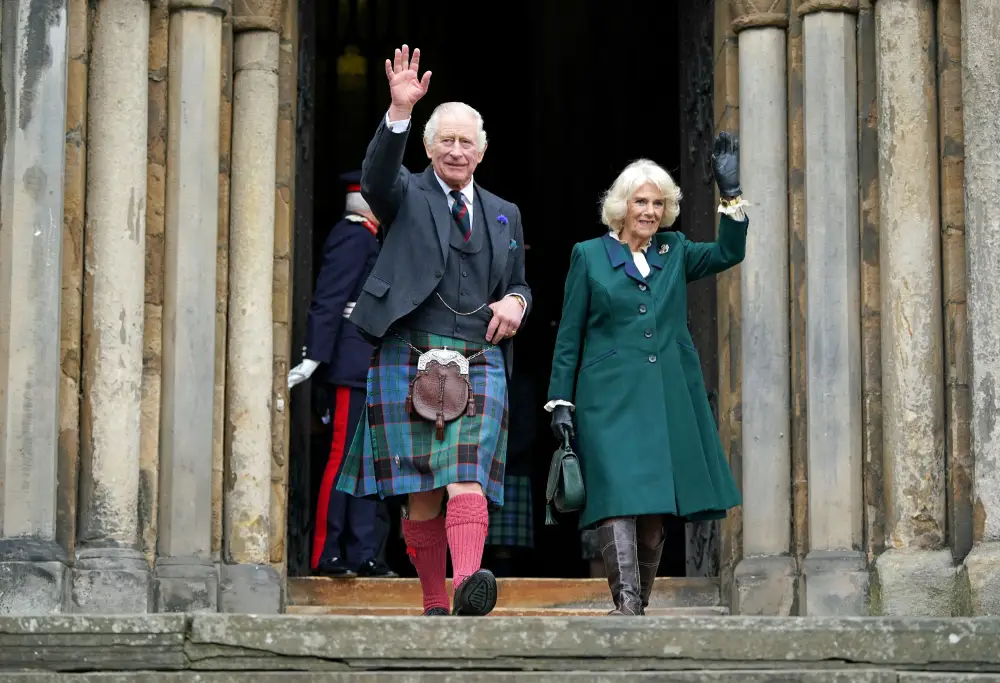
His father, Prince Philip, was born in Greece, linking the British and Greek royal families. King Charles has often visited Greece, fostering diplomatic and cultural ties. His advocacy for environmental causes resonates with Greece’s commitment to preserving its natural heritage.
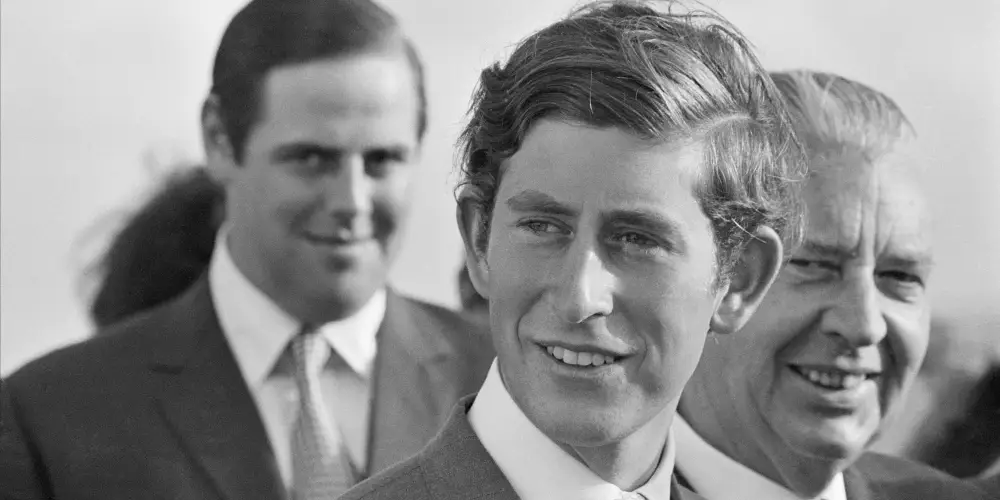
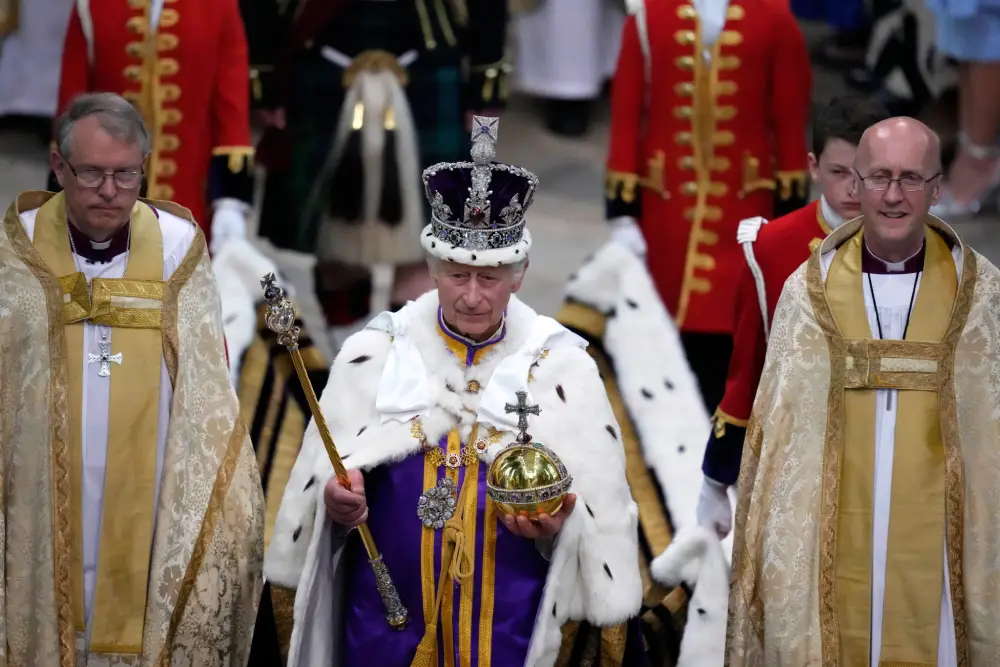
Charles’ visits and engagements with Greek leaders have strengthened bilateral relations, enhancing socio-economic and cultural exchanges. When he came to Greece in 2021, as a guest for the celebrations of the 200th anniversary of the Greek War of Independence, he spoke at the official dinner about how Greece holds a special place in his heart, and concluded by saying in Greek, “Hail, oh hail, liberty! Long live Greece!”
The Coronation
On September 10, 2022, two days after the death of his mother, he was proclaimed King by the Accession Council, with similar ceremonies held in Wales, Scotland, Northern Ireland, as well as in the 14 Commonwealth Realms and the Crown’s overseas territories.
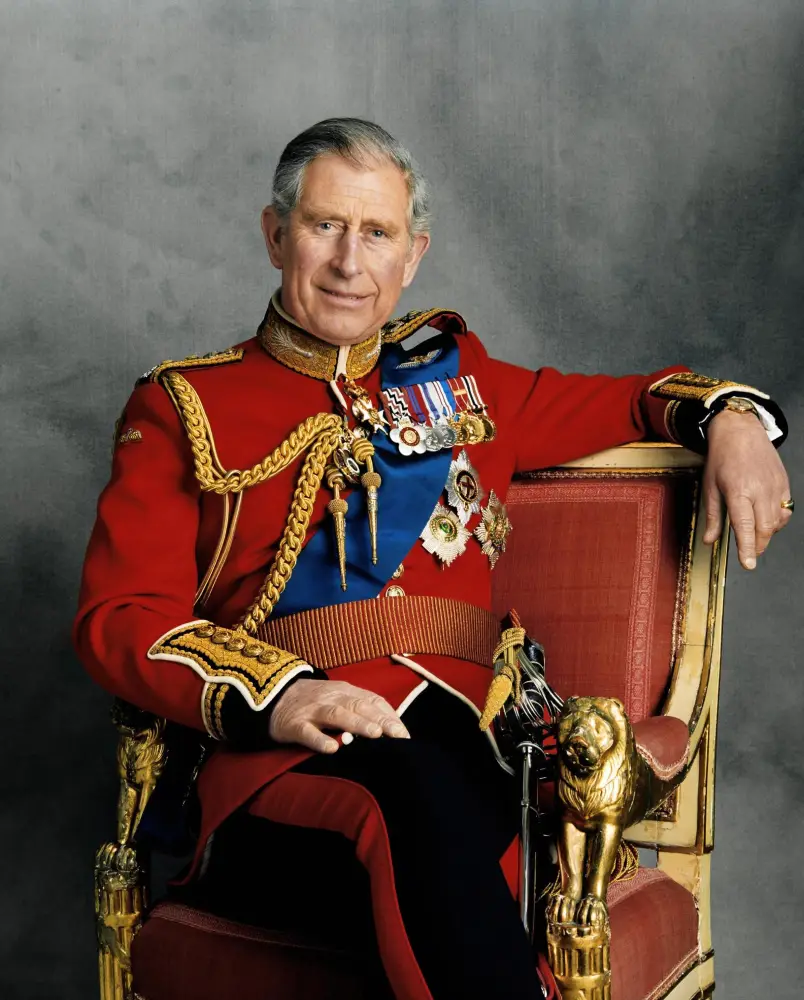
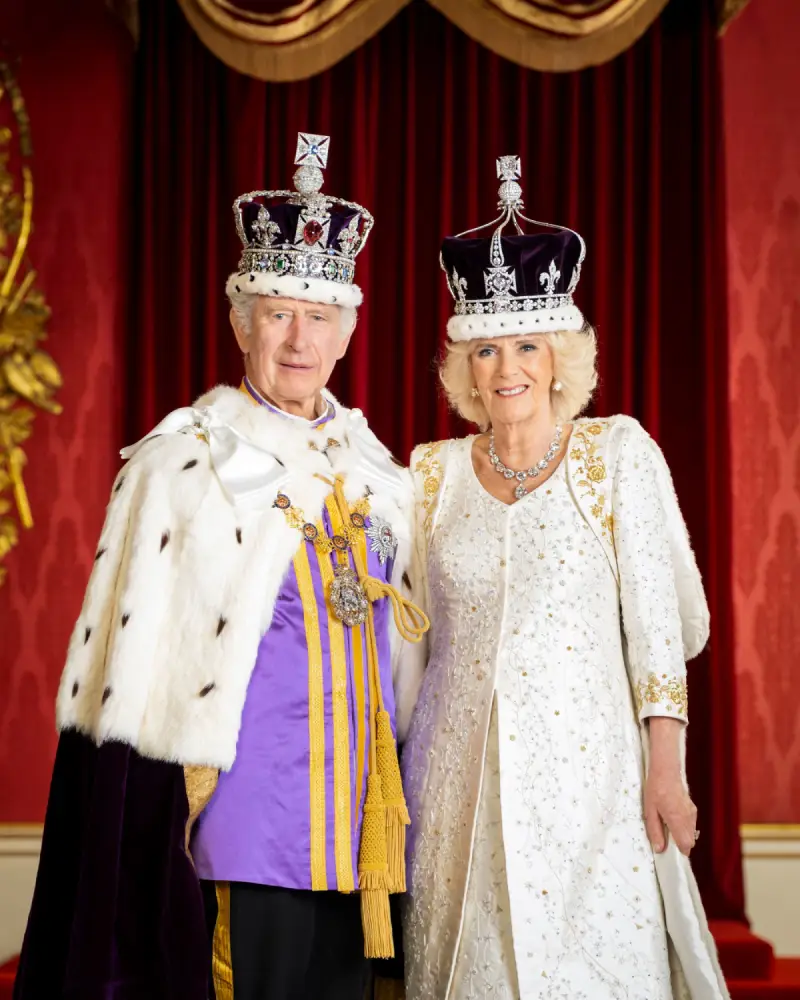
His coronation took place on May 6, 2023. In his enthronement speech, King Charles III stated that he came to serve, not to be served. He declared that he would be not only the head of the Anglican Church but also a guarantor of all Faiths.
Health Issues
In late January 2024, he was admitted to the hospital due to prostate hyperplasia, and on February 5, it was announced that he had been diagnosed with cancer. The concurrent illness of his daughter-in-law, Kate, indicates that 2024 began with difficulties for the British royal family. Camilla’s help is and remains significant. In his first public appearance after a long time, at the Easter service, he did not hide his joy.
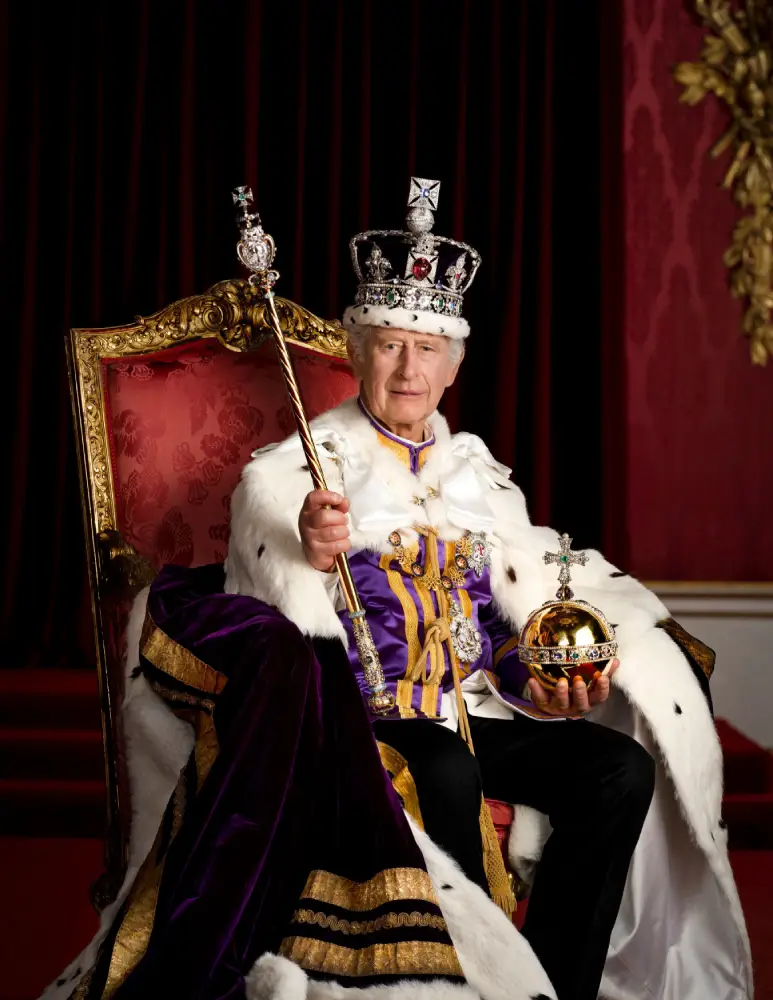
Charles is considered one of the most elegant and influential men in terms of fashion, following in the footsteps of his uncle, the Duke of Windsor. That day, his dark suit was complemented by a blue tie with a Greek motif, as on so many other occasions. One of the attendees wished the King a speedy recovery and to stay strong. Charles smiled and replied, “I will do my best.” I think in that response, Charles summed up his entire life.
«Get well soon, Your Majesty»
What's Your Reaction?
Ο Κωνσταντίνος Γ. Λουκάς είναι ιδιοκτήτης των εκδόσεων ΣΤΕΜΜΑ. Οι εκδόσεις φέρουν στο ευρύ κοινό βιογραφίες Ελλήνων και ξένων βασιλέων, βασιλισσών αλλά και μελών των βασιλικών τους οικογενειών. Πτυχές γνωστές αλλά και άγνωστες της ζωής τους όπως και του τόπου που βασίλευσαν. Επίσης αναλύει θέματα πρωτοκόλλου και γενικά του θεσμού. Konstantinos G. Loukas is the owner of STEMMA Publishing. The publishing house introduces the general public to biographies of Greek and foreign kings, queens, and members of their royal families, exploring both known and unknown aspects of their lives and the lands they ruled. It also delves into topics of protocol and the institution of monarchy in general.
